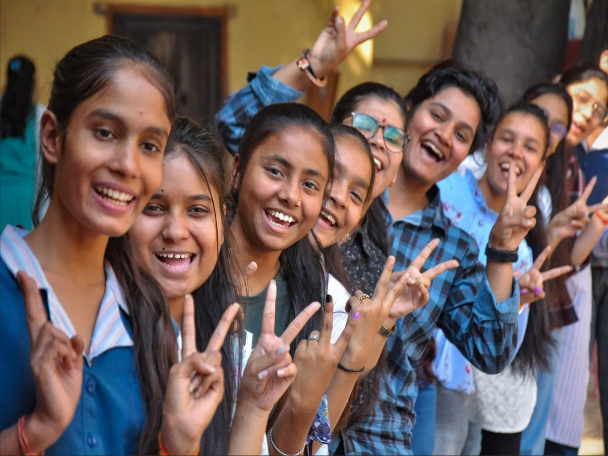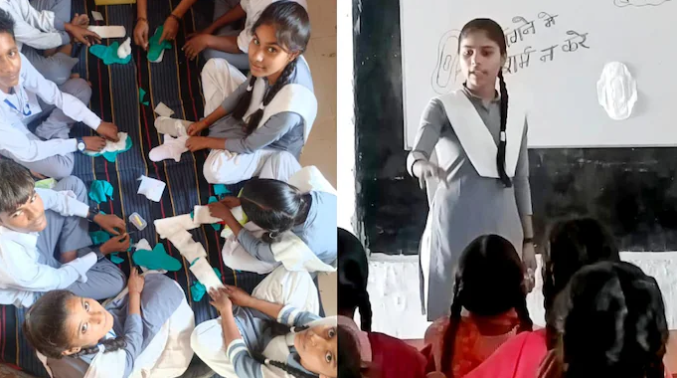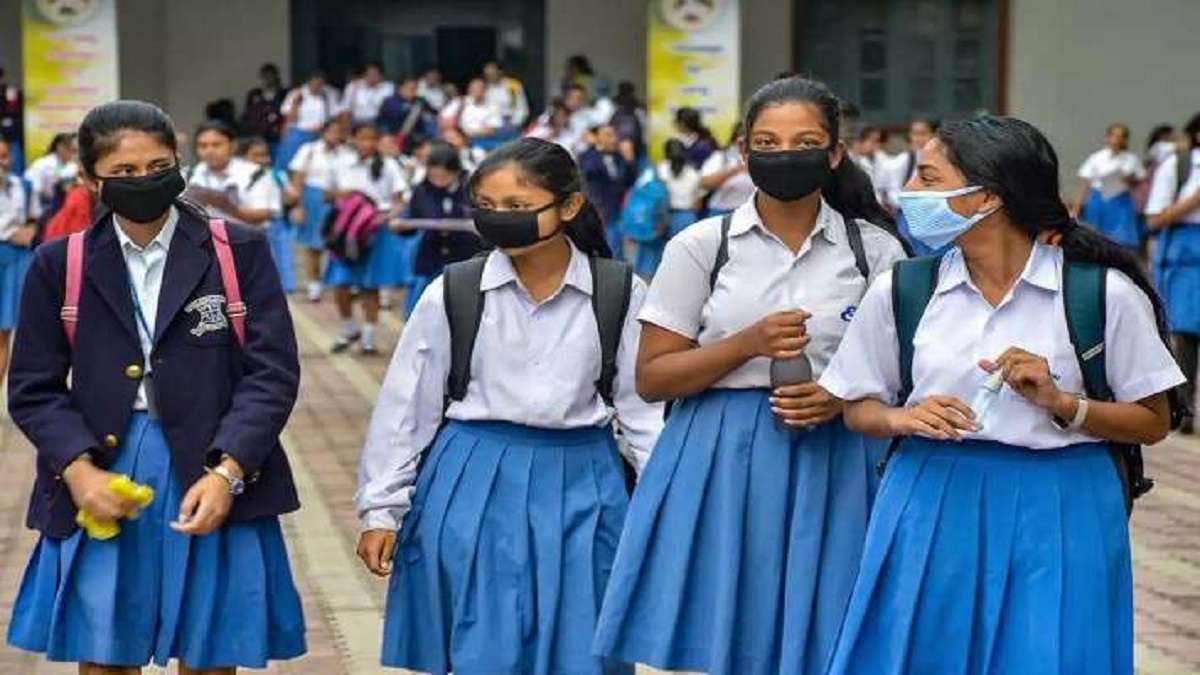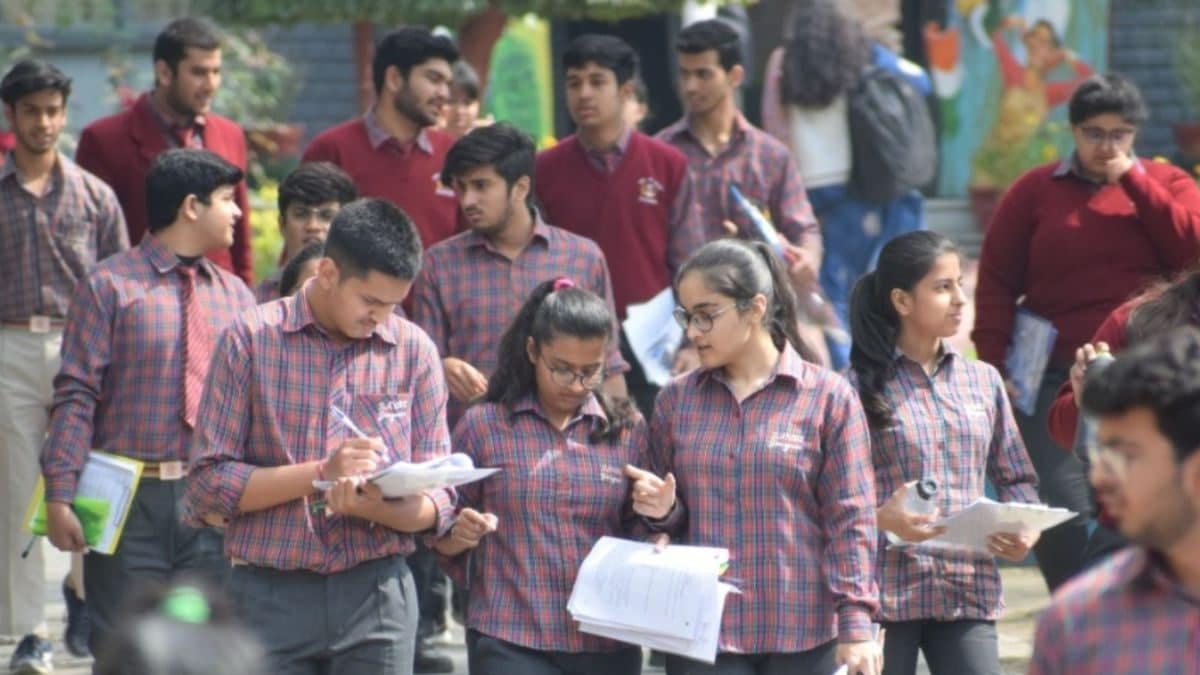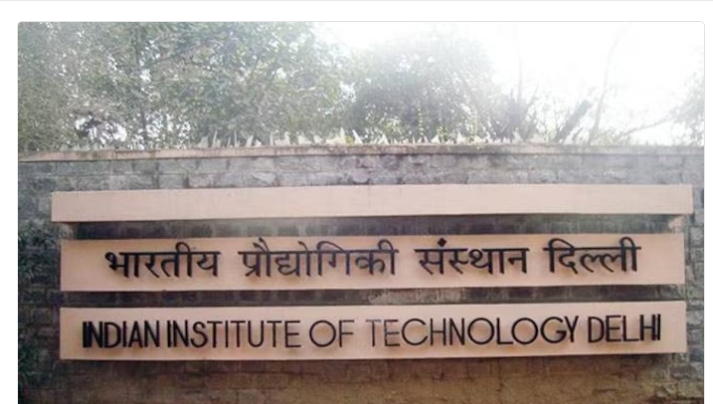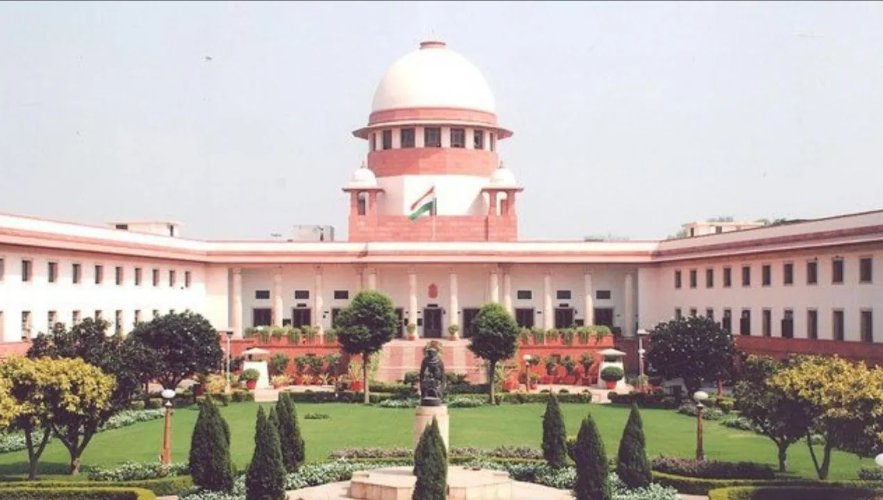New UGC draft mentions UG PG students can pick any disciplane
The University Grants Commission (UGC) has released draft guidelines for UG and PG degrees -- draft UGC (Minimum Standards of Instruction for the Grant of Undergraduate Degree and Postgraduate Degree) Regulations, 2024 -- aiming to reshape higher education in India.
These new regulations propose biannual admissions, multiple entry and exit options, and enhanced flexibility in degree structures for undergraduate (UG) and postgraduate (PG) programmes.
If implemented, these guidelines will apply to universities established under central, state, or provincial acts and institutions deemed universities under the UGC Act of 1956. Recognised or affiliated colleges will also fall under its purview.The public can provide feedback on the proposed guidelines before they are finalised, ensuring a collaborative approach to shaping the future of Indian higher education.
WHAT’S IN THE UGC DRAFT PROPOSAL?
- Biannual admissions: The guidelines propose two admission cycles, giving students more flexibility to start their courses.
- Multiple entry-exit: Students can leave and rejoin courses without losing progress, making education more accessible.
- Flexible degrees: Aims to encourage multidisciplinary education, letting students design their academic pathways according to their interests.
The UGC draft guidelines were released in a detailed PDF. Here are the main aspects of the guidelines for UG and PG degrees:
SCOPE AND APPLICABILITY
- These regulations apply to all universities established by Central, State, or Provincial Acts, deemed universities, and institutions affiliated with such universities
- The guidelines supersede earlier regulations issued in 2003, 2008, and 2014
ADMISSION ELIGIBILITY
- UNDERGRADUATE (UG): Students must have completed Class 12 or its equivalent, through formal or open schooling. Admission is allowed in any discipline if the student qualifies through a national or university-level entrance exam
- POSTGRADUATE (PG): Requires a completed UG degree (3 years or 4 years with Honours/Research). Students can change disciplines if they pass the relevant entrance exams
- Flexibility to pursue two UG or PG programmes simultaneously, including through different modes like online or distance learning
CREDIT SYSTEM AND ACCUMULATION
- Follows the National Credit Framework (NCrF), ensuring flexible pathways for students to earn and transfer credits across institutions
- Students can accumulate credits through online, distance learning, or the Recognition of Prior Learning (RPL), which evaluates skills and experiences acquired outside formal education
CURRICULUM AND MULTIDISCIPLINARY FLEXIBILITY
- Emphasises holistic and multidisciplinary education as per NEP 2020
- Students can blend major subjects with vocational, skill-based, or interdisciplinary courses. For example, engineering students can take up humanities courses or apprenticeships to gain broader learning





